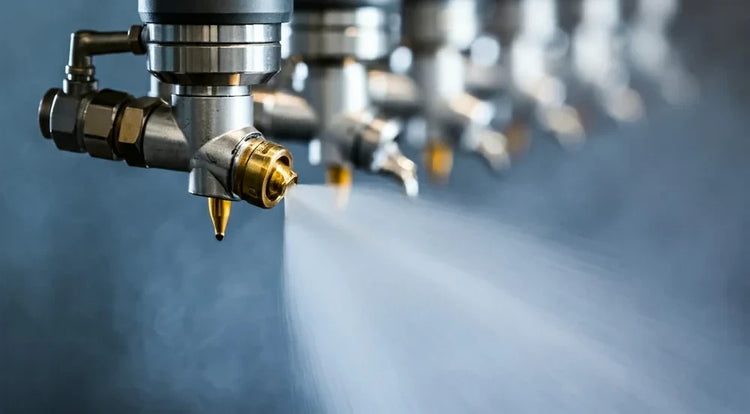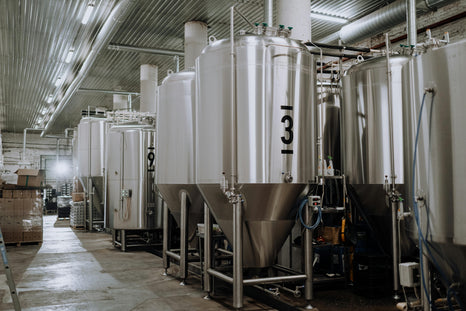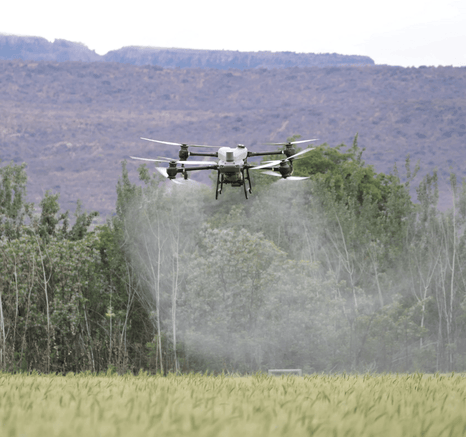Machine parts like spray nozzles play a vital role in various industries by delivering precision, efficiency, and reliability. Whether for power-operated sprayers, irrigation systems, or applications requiring plastic nozzles, these components enhance functionality and ensure optimized performance. In this article, we delve into how these nozzles work, their advantages, and what to consider when selecting the right type for your needs.
Key Takeaways
- Spray nozzles are essential components in power-operated sprayers, irrigation systems, and plastic applications.
- They offer precision and versatility, optimizing liquid distribution for specific tasks.
- Choosing the right nozzle ensures enhanced performance, cost savings, and reduced resource consumption.
- Technological advancements in nozzle design have improved durability, efficiency, and adaptability.
The Role of Spray Nozzles in Enhancing Performance
Mechanisms of Spray Nozzles
Spray nozzles convert liquid into a specific spray pattern, enabling efficient application across surfaces or into targeted areas. In power-operated sprayers, high-pressure systems drive liquid through the nozzle, creating atomization for effective coverage. Irrigation spray nozzles ensure even water distribution for crops, while plastic nozzles are lightweight and corrosion-resistant, making them ideal for chemical applications.
Impact on Efficiency and Resource Optimization
By delivering controlled spray patterns and flow rates, spray nozzles minimize waste and maximize effectiveness. For instance, adjustable nozzles can reduce water usage in irrigation, ensuring that plants receive the right amount of moisture without overwatering. Similarly, power-operated sprayers equipped with precision nozzles improve application accuracy, reducing the need for repeated passes.
Applications Across Industries
Power-Operated Spray Nozzles
Widely used in cleaning, coatings, and industrial processes, these nozzles are designed for high-pressure applications. They ensure thorough cleaning or uniform coatings in automotive, manufacturing, and agricultural settings.
Irrigation Spray Nozzles
These nozzles are indispensable for agriculture and landscaping, offering precise water delivery to crops, lawns, or gardens. Adjustable models allow for tailored spray patterns to suit specific plant needs, improving growth and conserving water.
Plastic Spray Nozzles
Lightweight and resistant to corrosion, plastic spray nozzles are ideal for chemical applications and environments where metal components might degrade. They are commonly used in cleaning systems, chemical spraying, and low-pressure irrigation setups.
Technological Advancements in Spray Nozzles
Innovations in Design
Modern nozzles are engineered for durability and precision. Features like interchangeable tips, adjustable flow rates, and self-cleaning mechanisms enhance functionality and lifespan.
Future Trends
Upcoming developments in spray nozzle technology include improved wear resistance, reduced clogging, and enhanced compatibility with environmentally friendly materials, making them even more efficient and sustainable.
Optimizing Spray Processes with the Right Nozzles
Strategies for Effective Use
- Select the appropriate spray pattern for the task—flat fan nozzles for wide coverage or hollow cone nozzles for delicate spraying.
- Maintain regular cleaning to avoid clogs and ensure consistent performance.
- Pair nozzles with compatible equipment to optimize performance and longevity.
Selecting the Right Spray Nozzle
Factors to Consider
- Spray Pattern: Choose a nozzle that matches your application, whether it’s wide-angle coverage or pinpoint precision.
- Material: Plastic nozzles are lightweight and corrosion-resistant, while metal nozzles offer durability in high-pressure applications.
- Flow Rate and Pressure: Match the nozzle specifications to your equipment’s capabilities.
- Chemical Compatibility: Ensure the nozzle material is resistant to any chemicals used.
Comparative Analysis of Nozzle Types
| Nozzle Type | Spray Pattern | Ideal Applications |
|---|---|---|
| Flat Fan | Wide | Large surface areas, irrigation |
| Full Cone | Circular | General-purpose spraying, cleaning |
| Hollow Cone | Ring-shaped | Delicate surfaces, chemical spraying |
| Pinpoint | Concentrated | Targeted cleaning, high-pressure systems |
Environmental and Economic Benefits
Reduction in Resource Usage
Efficient spray nozzles save water, chemicals, and energy. Irrigation nozzles, for example, ensure precise water delivery, reducing overwatering and waste.
Cost Savings
Improved efficiency translates into lower operational costs. By optimizing spray coverage, businesses can reduce expenses on resources and labor.
Sustainability
The use of nozzles that minimize waste supports environmentally friendly practices, aligning with green initiatives and regulatory standards.
Conclusion
Spray nozzles are indispensable machine parts in industries ranging from agriculture to manufacturing. By offering precision, efficiency, and versatility, they optimize processes and reduce resource consumption. Whether you’re using power-operated sprayers, irrigation systems, or plastic nozzles, choosing the right nozzle is key to achieving better results, reducing costs, and supporting sustainability.












